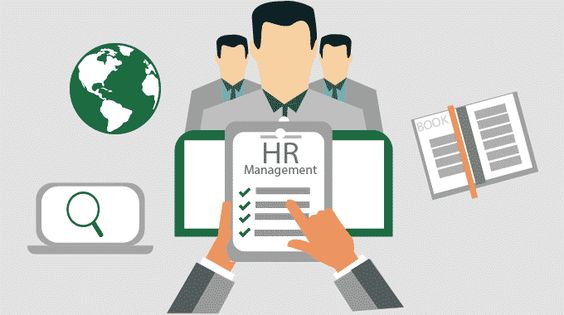Introduction
It has long been debated whether age has anything to do with the likelihood that educational staff could face allegations of misconduct or malpractice. To gain further insight into this issue, this article shines a light on the risk factors associated with age in relation to allegations against educators. By uncovering possible links, we strive to inform school administrators and policymakers about potential concerns that can be addressed better.
Age as a Risk Factor: The Evidence
While there have been several high-profile cases involving older educators accused of misconduct, it is crucial to recognize that these incidents do not automatically symbolize a pattern. Therefore, we must examine the evidence at our disposal with a critical eye – considering factors such as experience level, changing cultural norms, and exposure to training programs.
1. Experience Level
With age comes experience; however, experienced educational staff who have been in the profession for an extended period may develop a sense of superiority. This may lead to covering up their actions or dismissing concerns raised by their colleagues or students. On the other hand, younger employees may lack self-confidence and tend to question their own judgment. Consequently, inconsistencies in proper conduct might surface for both young and older staff due to various reasons.
2. Changing Cultural Norms
As society continually evolves, so do our perceptions of misconduct and ethical behavior. Behaviors once considered acceptable or inconsequential are now scrutinized and questioned. Thus, it is essential to ponder whether allegations against education staff become more common as they age because these individuals’ perspectives might not align with contemporary societal expectations.
3. Training Programs & Compliance
Educators who have been away from the latest training programs or struggle with adapting may inadvertently slip up on appropriate behavior boundaries or current best practices concerning conduct and protocol. Henceforth, if older educators do not undergo periodic retraining or refresher courses, they can be more susceptible to allegations due to ignorance or lack of compliance.
Addressing the Issue
Understanding the complex relationship between age and likelihood of allegations against educational staff is pivotal for schools and institutions. Below are a few recommendations to lessen the risks associated with age:
1. Provide ongoing training and professional development programs to all staff, regardless of their age or experience level.
2. Encourage open communication channels, where educators can discuss issues without fear of retaliation or negative consequences.
3. Ensure all staff, both old and new, are aware of current policies and expectations concerning appropriate conduct.
4. Foster an inclusive and diverse culture aiming to challenge stereotypes surrounding older educators’ work ethics or capabilities.
Conclusion
Ultimately, there is no definitive answer as to whether age is a risk factor for allegations against education staff. It is vital to recognize that individual situations may differ significantly, making it challenging to make broad generalizations about individuals based on age alone. However, by considering factors such as experience levels, cultural norms, and training exposure, we can identify potential areas of concern that can be better addressed to safeguard both educators’ professional reputation and their students’ welfare.





